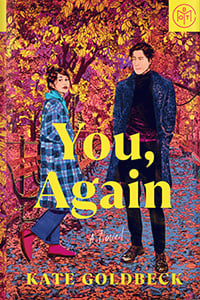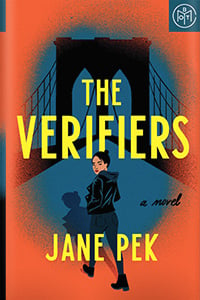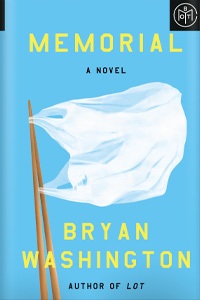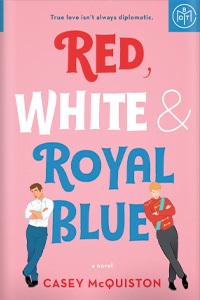Literary fiction
The Sun Was Electric Light
by Rachel Morton
Hot take
A poignant meditation on friendship, found family, and how to move through the world when you’ve lost your way.
LGBTQ+ themes
Cerebral
International
Serious
Spice scale
Mild
Medium
Wild
Why you’ll love it
I think we’ve all had those fantasies of uprooting our lives and starting over somewhere new and different where we can reinvent ourselves from scratch. The Sun Was Electric Light is a study in the way a new environment can shape us and push us to evolve, but also in the ways that the old maxim “wherever you go, there you are” continues to hold true.
Ruth has been suffering from a chronic low-level dissatisfaction with her life. The kind of ennui where nothing is wrong, but it’s not right either. In an attempt to find a life that feels like truly living, she leaves New York for a lake town in Guatemala. She befriends two locals: the directionless Dwain and the elusive, mercurial Carmen. As their friendship develops, Ruth begins to understand the darker side of her new town and the complexities of belonging.
At its core, The Sun Was Electric Light is about deciding whether to opt in or out of life, the desire to build a life that amounts to more than just passing the time, and the people we choose to take with us. Unflinchingly honest and vividly written, this is literary fiction at its finest.
Synopsis
Disillusioned with her life in New York, Ruth returns to a lake town in Guatemala where she had been happy a decade earlier. There, in Panajachel, she meets two very different women: the calm and practical Emilie, and the turbulent and intoxicating Carmen. Deciding to stay and build a life at the lake, Ruth finds work first as a nanny to a wealthy local family, then as an English teacher at a village school. Meanwhile, she becomes increasingly infatuated by her friendship with Carmen, pushing away the stability of her connection with Emilie. As Carmen’s fragile relationship with the world splinters, the difference between being a visitor and truly belonging becomes clear, and Ruth is forced to act.







































































